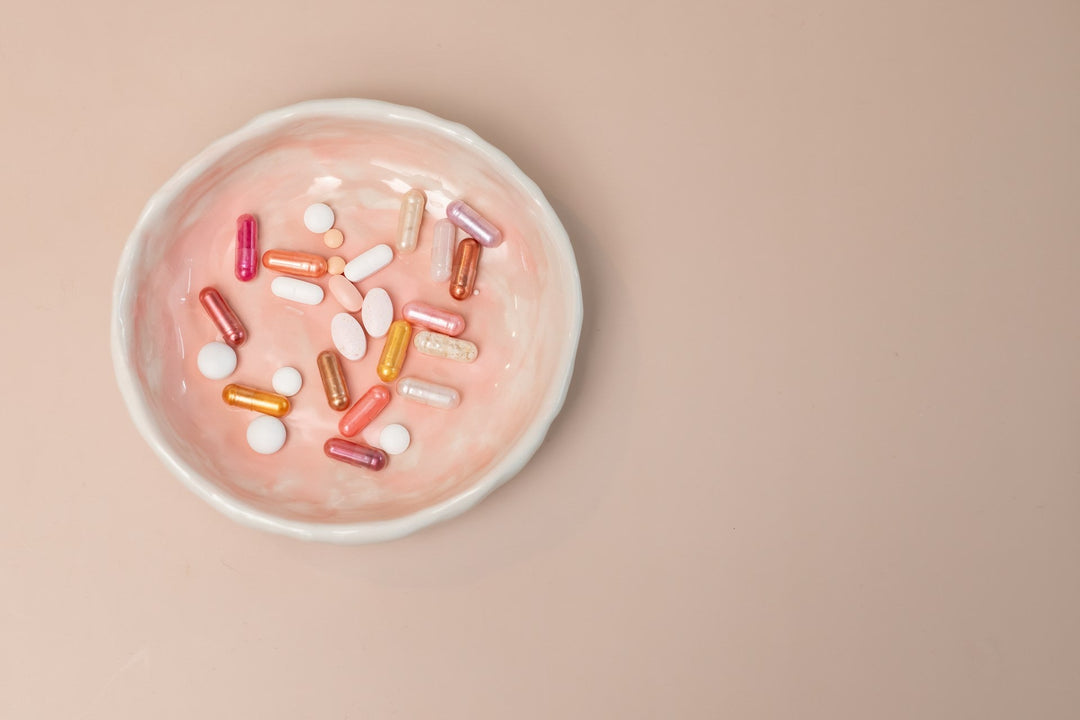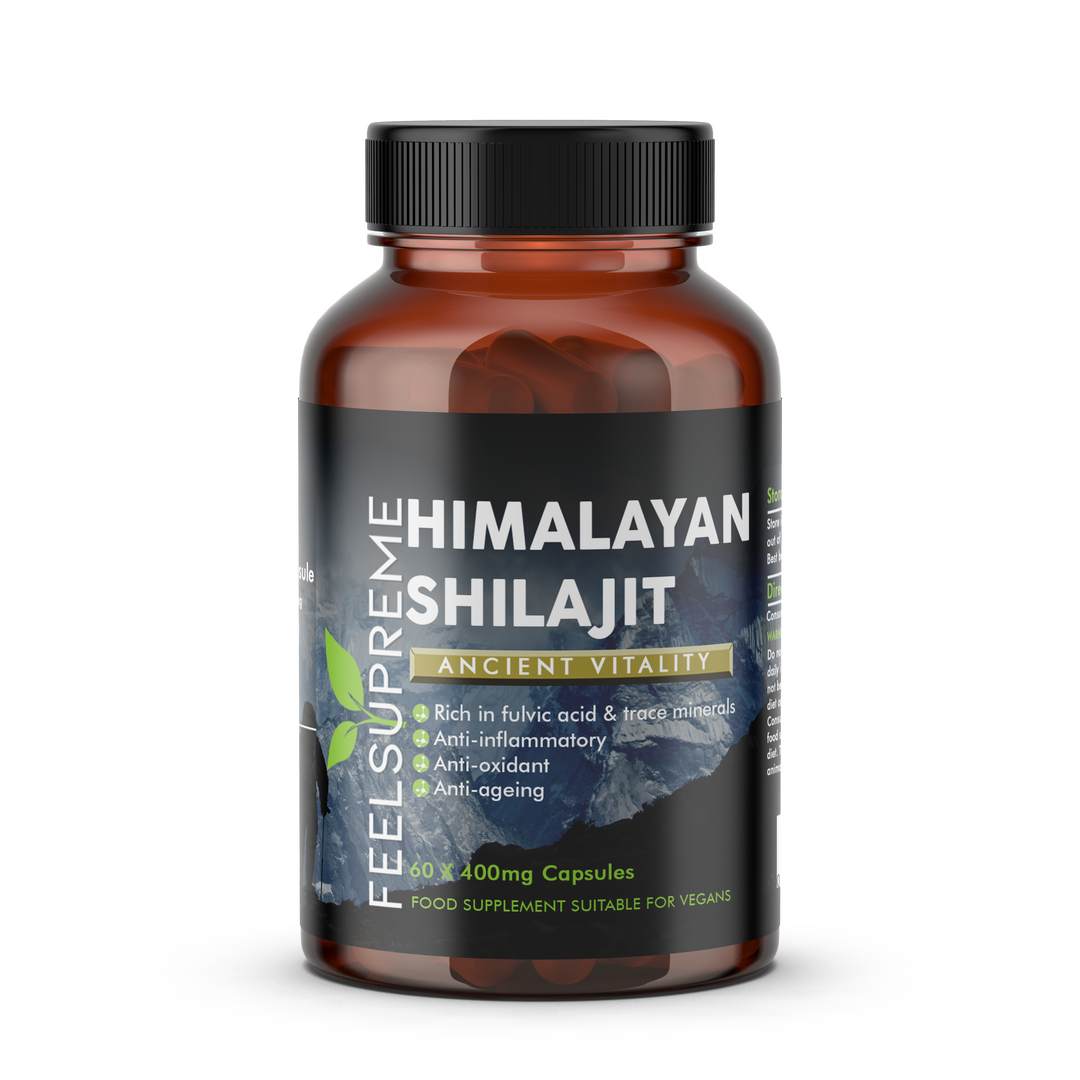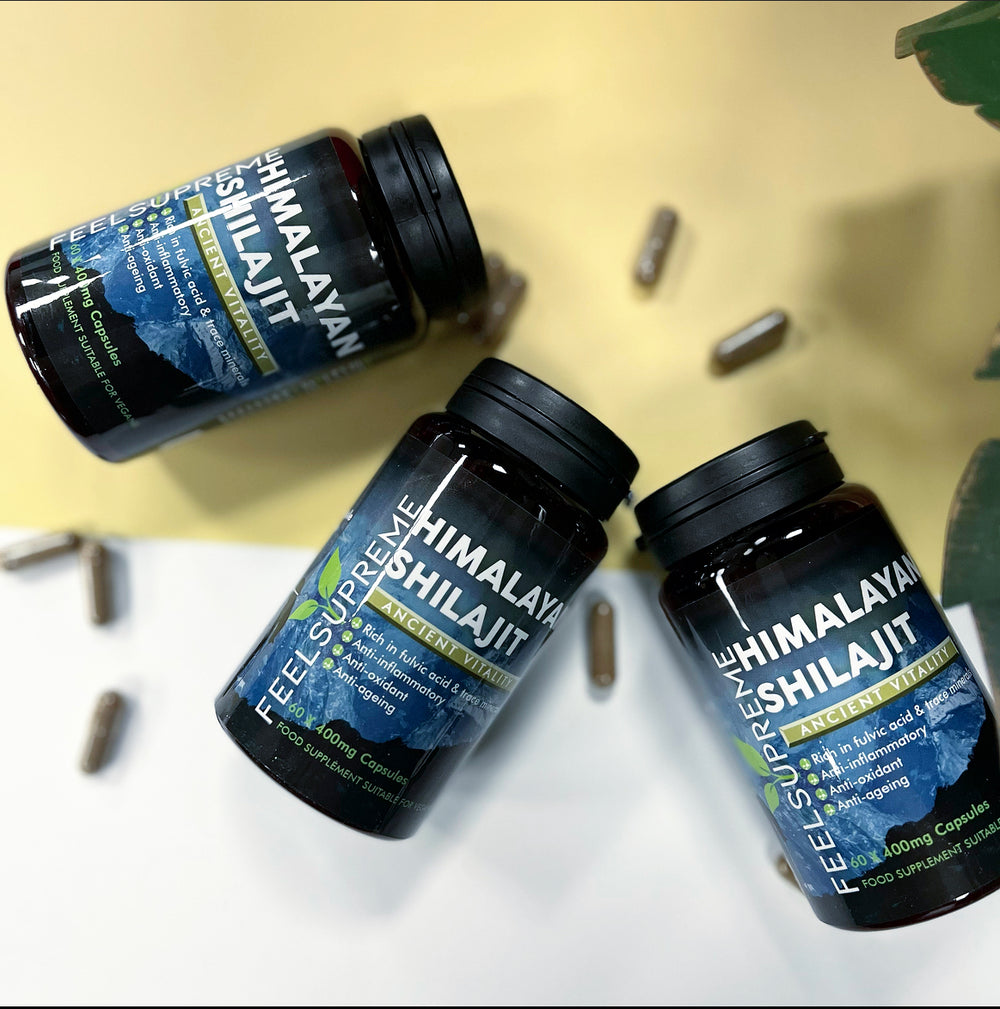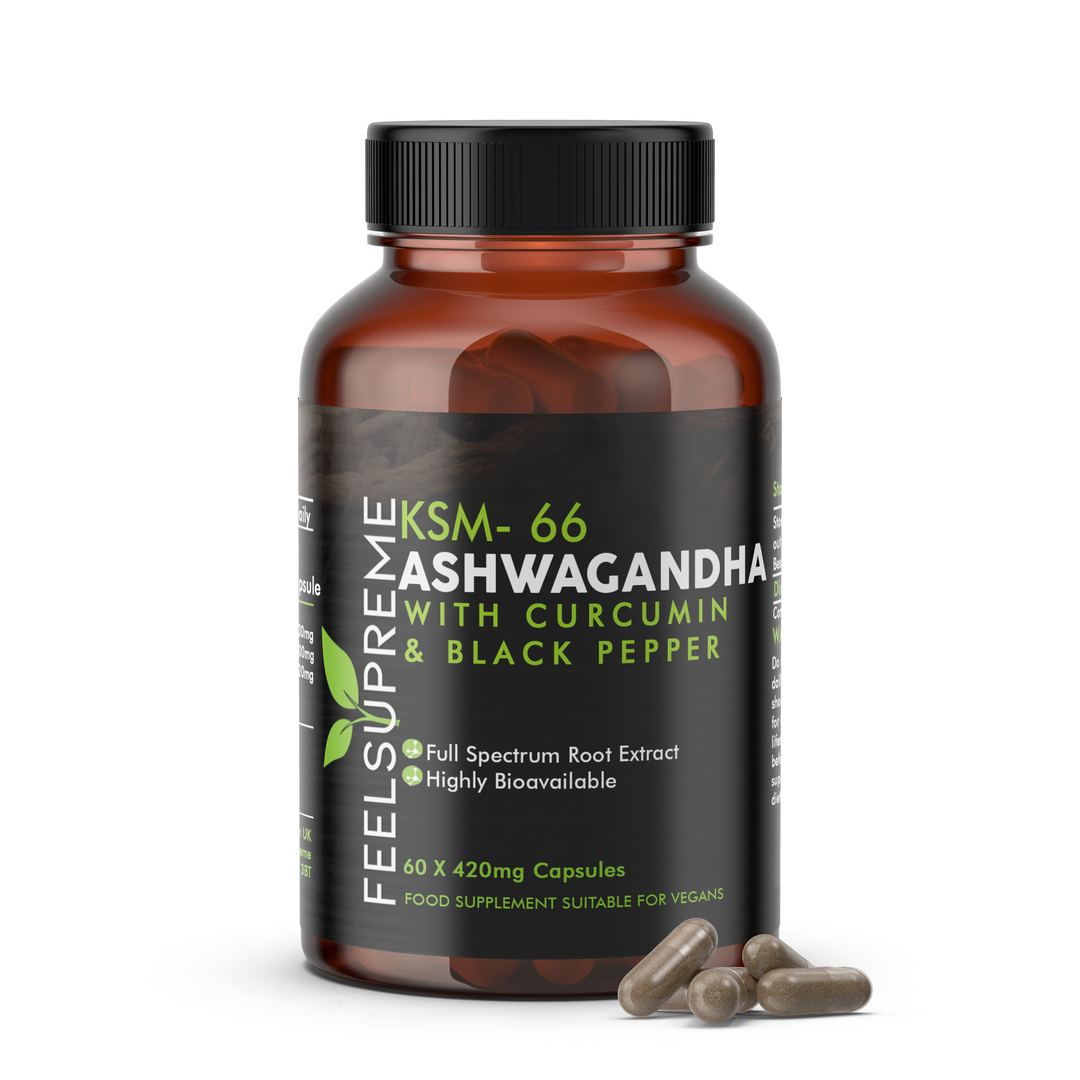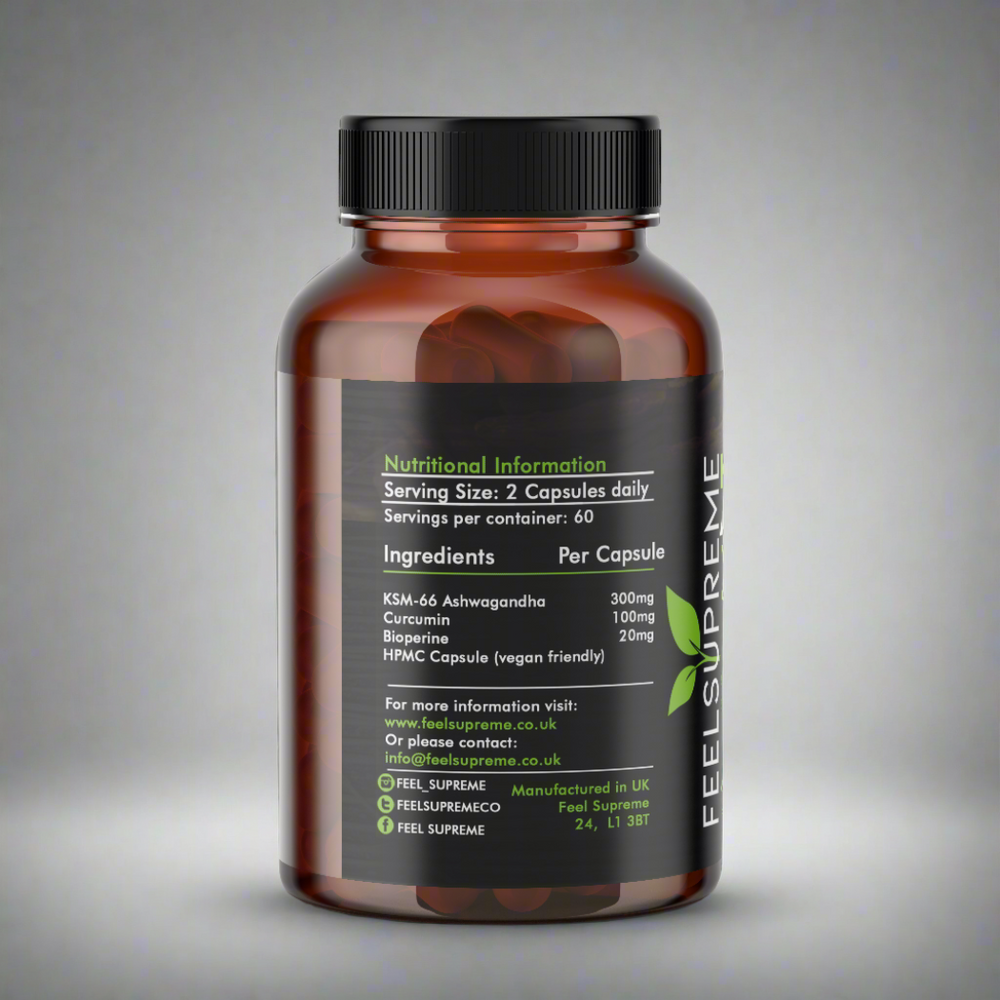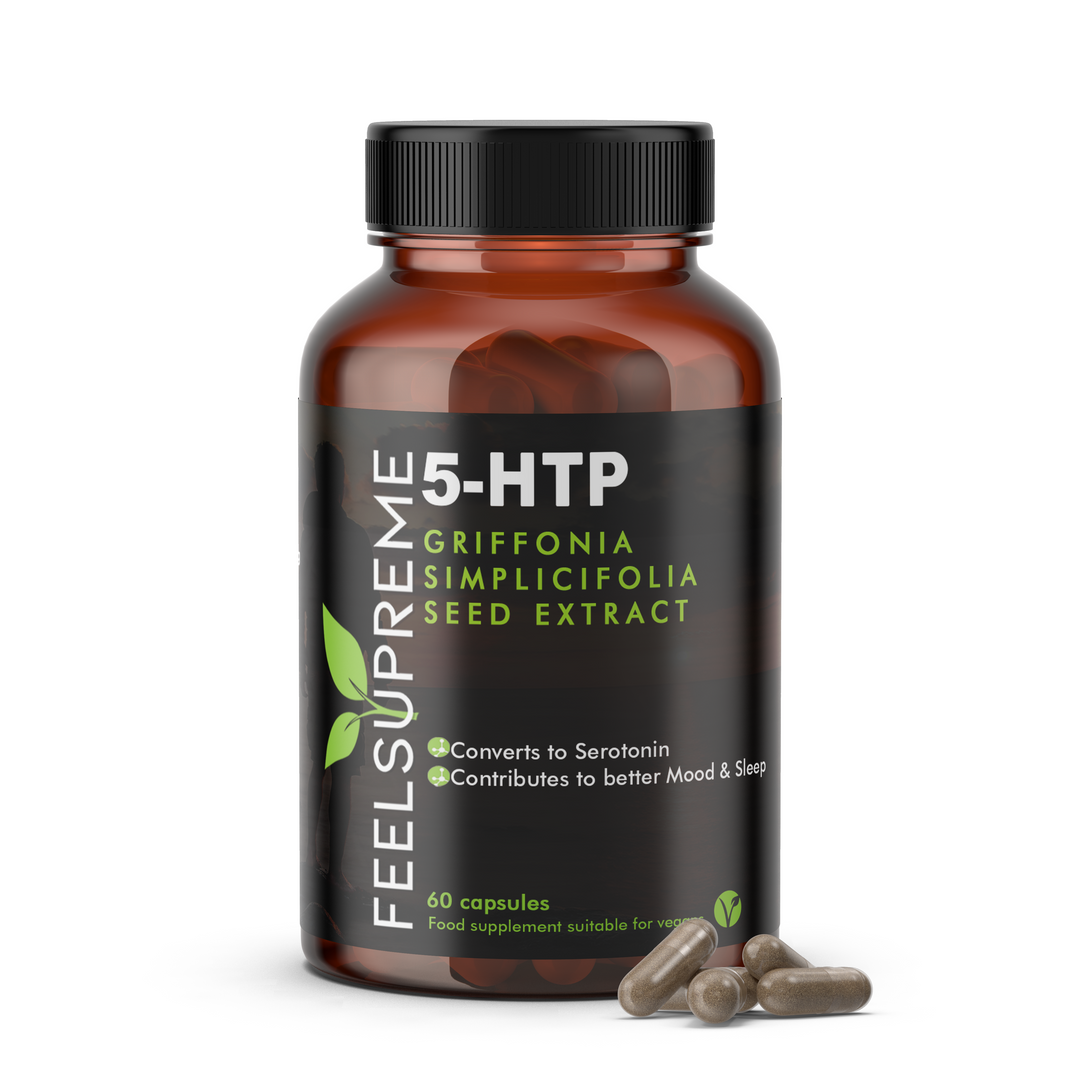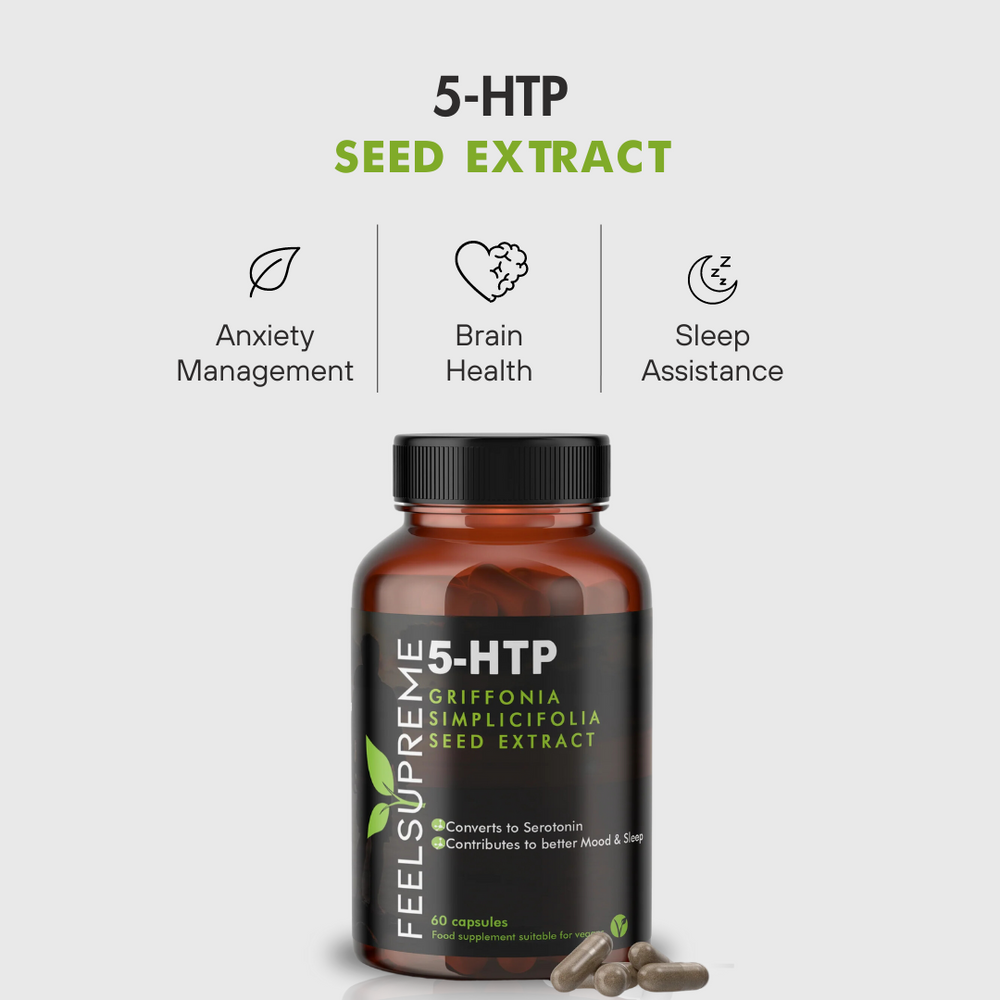Looking in the mirror one day and noticing sagging skin can be a stressful and frustrating experience. While aging is a natural process, there are various reasons why your skin might be losing its firmness. One of the most common causes is a vitamin deficiency. Essential nutrients play a crucial role in maintaining skin elasticity, collagen production, and overall health. The good news is that this issue can often be reversed with the proper skin care supplements. Today, we’ll explore how vitamin deficiencies contribute to sagging skin and share useful tips to help you restore its firmness and smoothness. Let’s bring back to your skin that youthful glow!
Why Vitamins Are Essential for Healthy Skin
Vitamins are crucial in maintaining healthy skin. Vitamin C, for instance, is essential for synthesising collagen, the protein responsible for skin's firmness and elasticity. Vitamin A (retinoids) aids in skin cell turnover, preventing dullness and reducing fine lines. Vitamin E strengthens the skin barrier, helping it retain moisture and defend against environmental stressors, and Vitamin D regulates skin cell growth and repair, reducing inflammation and preventing premature aging. Without these essential nutrients, skin becomes more prone to sagging, dryness, and early signs of aging. That is why proper vitamin intake is a key factor in maintaining a youthful complexion.
Common Symptoms of Vitamin Deficiency on Skin
If you are wondering whether you are experiencing a vitamin deficiency, here are five key signs to look for:
-
Sagging and Wrinkling: A lack of vitamin C or collagen-supporting nutrients can lead to premature skin sagging and fine lines.
-
Dry and Flaky Skin: Insufficient levels of vitamins A and E can weaken the skin’s natural barrier, causing dryness and irritation.
-
Slow Wound Healing: A deficiency in vitamin C or zinc may slow down the skin’s ability to repair itself after cuts or blemishes.
-
Increased Sensitivity and Redness: Low levels of vitamin B3 (niacin) can lead to inflammation, redness, and conditions like eczema.
-
Hyperpigmentation and Dark Spots: A lack of vitamin B12 or vitamin K can contribute to uneven skin tone, leading to dark spots or under-eye circles.
Essential Vitamins for Maintaining Youthful Skin
Below, we will discuss some of the most essential vitamins for maintaining youthful, firm skin. These vitamins play a key role in collagen production, skin cell regeneration, hydration, and protection against environmental damage.
Vitamin C
Vitamin C is a water-soluble vitamin and a powerful antioxidant that plays a vital role in maintaining healthy skin. It is essential for the production of collagen, a protein that provides structure and elasticity to the skin. Collagen production naturally declines with age, leading to fine lines, wrinkles, and sagging skin. Vitamin C helps to stimulate collagen synthesis. Additionally, it neutralises harmful free radicals caused by UV exposure and environmental pollutants, which can accelerate skin aging.
Natural sources of vitamin C include citrus fruits like oranges, lemons, and grapefruits, as well as strawberries, kiwi, bell peppers, broccoli, and leafy greens.
Vitamin E
Vitamin E is a fat-soluble vitamin that acts as a powerful antioxidant, protecting the skin from oxidative damage caused by free radicals. It plays a crucial role in maintaining the skin’s moisture balance and protecting it from harmful environmental factors. Vitamin E helps to strengthen the skin’s natural barrier, which is essential for maintaining firmness and elasticity. It also aids in the regeneration of skin cells and can reduce the appearance of scars and wrinkles by promoting healing.
Natural sources of vitamin E include nuts and seeds, such as almonds, sunflower seeds, and hazelnuts, as well as vegetable oils like sunflower oil, wheat germ oil, and olive oil.
Vitamin A
Vitamin A is another fat-soluble vitamin that is essential for maintaining healthy skin. It plays a crucial role in cell regeneration, which helps to maintain the skin’s smooth texture. By promoting collagen synthesis and supporting skin cell renewal, Vitamin A helps to prevent and reduce the signs of aging.
Vitamin A is commonly found in two forms: retinoids (the active form) and provitamin A carotenoids (like beta-carotene, which the body converts to Vitamin A). Natural sources of Vitamin A include liver, eggs, and dairy products for retinoids, and orange and yellow vegetables like carrots, sweet potatoes, and pumpkins, as well as dark leafy greens like spinach and kale, for beta-carotene.
Vitamin D
Vitamin D is also a fat-soluble vitamin that plays a key role in many bodily functions, including the health of your skin. It is produced when the skin is exposed to sunlight and can also be obtained from certain foods and supplements. Vitamin D is important for skin repair and regeneration as it helps in the growth and differentiation of skin cells. It also supports the skin’s immune function, helping to prevent infections and inflammation that can lead to skin damage and sagging. Deficiency in Vitamin D may lead to dry, sagging skin and a reduced ability to heal from skin injuries.
Natural sources of Vitamin D include fatty fish like salmon, mackerel, and sardines, as well as egg yolks and fortified foods such as dairy products and cereals.
Vitamin K
Vitamin K is a fat-soluble vitamin that plays a critical role in blood clotting and bone health, but it also has significant benefits for the skin. One of its key functions in skin health is its ability to promote healing and improve skin elasticity. Vitamin K helps with the repair of damaged skin by facilitating proper blood circulation, which aids in the delivery of nutrients necessary for skin regeneration. It also has anti-inflammatory properties, reducing swelling and redness, particularly in areas with broken capillaries or bruising. Furthermore, it helps reduce the appearance of dark circles under the eyes and uneven skin tone, which can make skin look more youthful and firm. A deficiency in Vitamin K may lead to a weakened skin structure and contribute to sagging and premature aging.
Natural sources of Vitamin K include leafy green vegetables such as spinach, kale, and broccoli, as well as other foods like Brussels sprouts, cabbage, fish, eggs, and fermented foods like natto.
How to Restore Vitamin Levels
Restoring your vitamin levels can be achieved through a combination of dietary changes and lifestyle adjustments. The first step is to incorporate vitamin-rich foods into your daily diet, such as citrus fruits, leafy greens, eggs and fatty fish. However, it can sometimes be challenging to get all the necessary nutrients from food alone, especially if you have dietary restrictions. In such cases, natural supplements can help bridge the gap. Remember to always consult with a healthcare professional before starting any new supplement regimen to ensure it meets your individual needs.
Other Factors Contributing to Sagging Skin
Vitamin deficiency is indeed one of the most common causes of sagging skin, but there are several other factors that can contribute to this issue as well.
-
Aging: As we age, the production of collagen and elastin naturally declines, leading to a loss of skin firmness and elasticity.
-
Sun Exposure: Excessive sun exposure causes damage to the skin’s collagen and elastin fibers, accelerating the appearance of sagging and wrinkles.
-
Smoking: Smoking decreases blood flow to the skin, which impairs its ability to repair and regenerate, leading to premature aging and sagging.
-
Dehydration: Inadequate hydration can cause the skin to lose its plumpness, leading to a dry, sagging appearance.
-
Poor Diet: A diet low in essential nutrients, including healthy fats and proteins, can contribute to the weakening of skin tissue.
-
Stress: Chronic stress can lead to hormonal imbalances, which negatively affect skin health and contribute to sagging.
Final Thoughts
Sagging skin is a natural part of the aging process, but we can slow this process down with the necessary vitamin intake. By ensuring our body gets the right nutrients, we can support the production of collagen and elastin, which are vital for maintaining skin firmness and elasticity. Vitamins such as C, E, A, D, and K play crucial roles in skin health. You can get these vitamins as supplements from our website.








